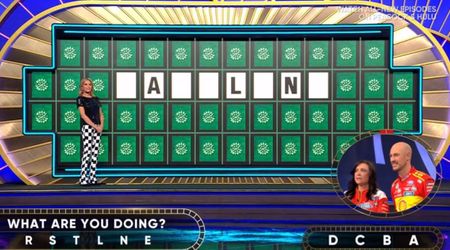5 Steps You Should Take If You Have Spent Your Pandemic Savings

It's a known fact that Americans saved a lot of money in the two years of the pandemic. However, a new report by the Federal Reserve Bank of San Francisco indicates that those savings have been depleted as of March 2024. So, if you are one of those Americans whose savings are towards the end, here are some ways to get you going this year.
1. Evaluate your current financial situation

This means one needs to evaluate the financial situation and see what needs work. To start, one can review the monthly expenses. Other ways include identifying and eliminating non-essential spending. One can also create a vision board that will help you get where you want to be. Evaluating finances also includes building long-term plans for business activity and identifying companies that you may want to invest in.
2. Create a spending plan

Creating a budget is extremely important and while it may be a common tip, you may be surprised to know that not many people sit down to make a budget. However, one needs to make a budget and also make sure that the budget is balanced so that not a lot of money is sucked out of the household without any reason.
3. Look to increase your income streams

There are plenty of ways to increase your income and cover all the expenses in your budget. Some of the ways include getting a side hustle, asking for a raise at work, or looking for more freelance opportunities. Other ways include setting up an online business or simply selling extra items that hold no value to you but may fetch you some money. Other than this, if you have an extra space that you can rent out, that could also get you a substantial amount of money in these times of rising real estate costs.
4. Build an emergency fund

It's a well-known fact that everybody should have an emergency fund but it's easier said than done. If you are somebody who is just starting, it's important to remember to start small. If you don't have a lot of cash on hand, try and set up an automatic transfer into one account until you reach your target. Also, once you have an emergency fund set in place, be sure to forget about it. It's important to know when to tap into the fund and when it stays put.
5. Try to reduce debt

The country is currently struggling with rising credit and amid this, it's important to put in efforts to slowly reduce debt. Debt can affect your ability to pay your regular expenses and therefore, having a proper plan of action is needed to pay off debt and not fall into the debt trap. To do so, one needs to focus on high-interest debts and pay them off first. You could also try to negotiate and lower your interest rates. Moreover, you can also consider debt consolidation loans which can help to reduce loans in the long run.
























